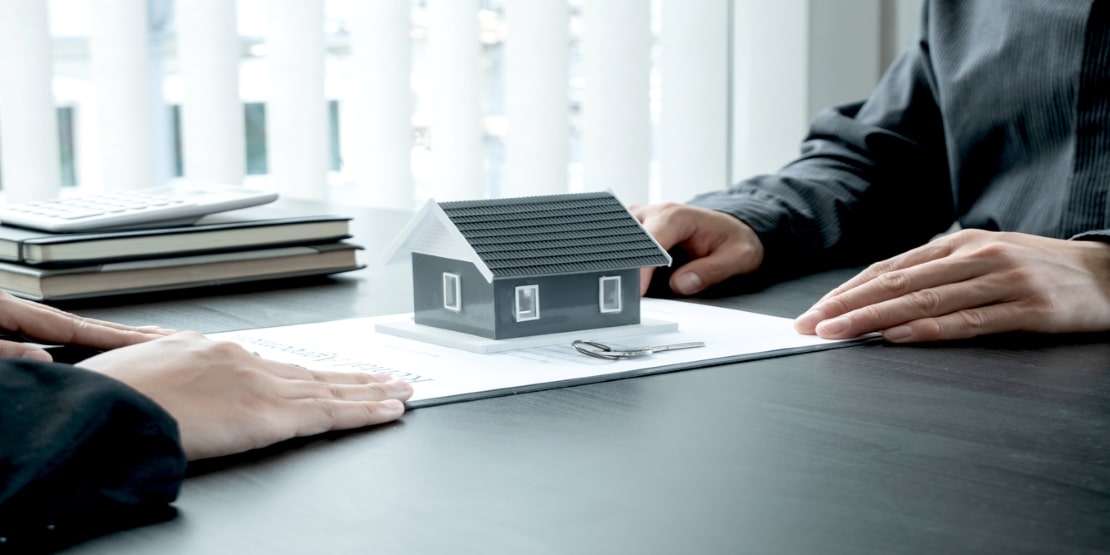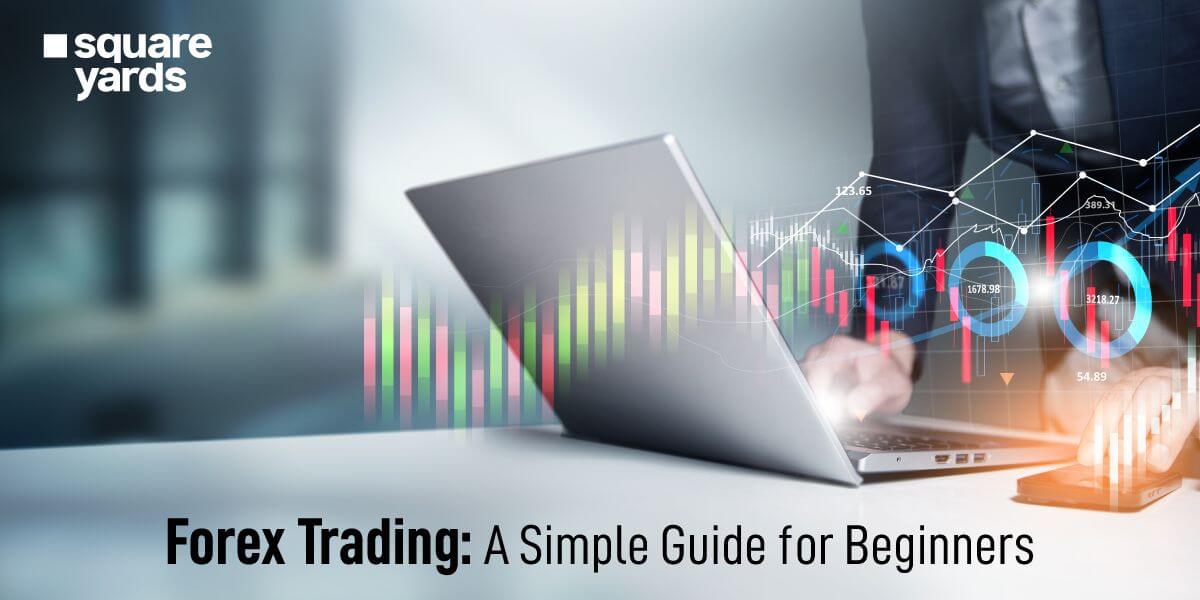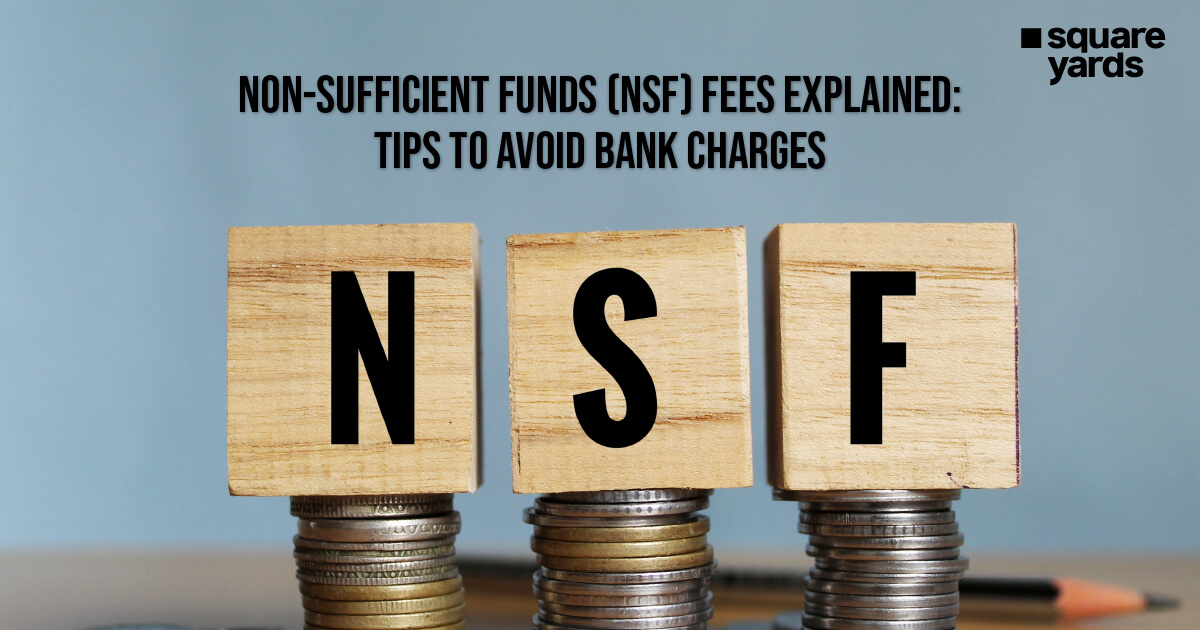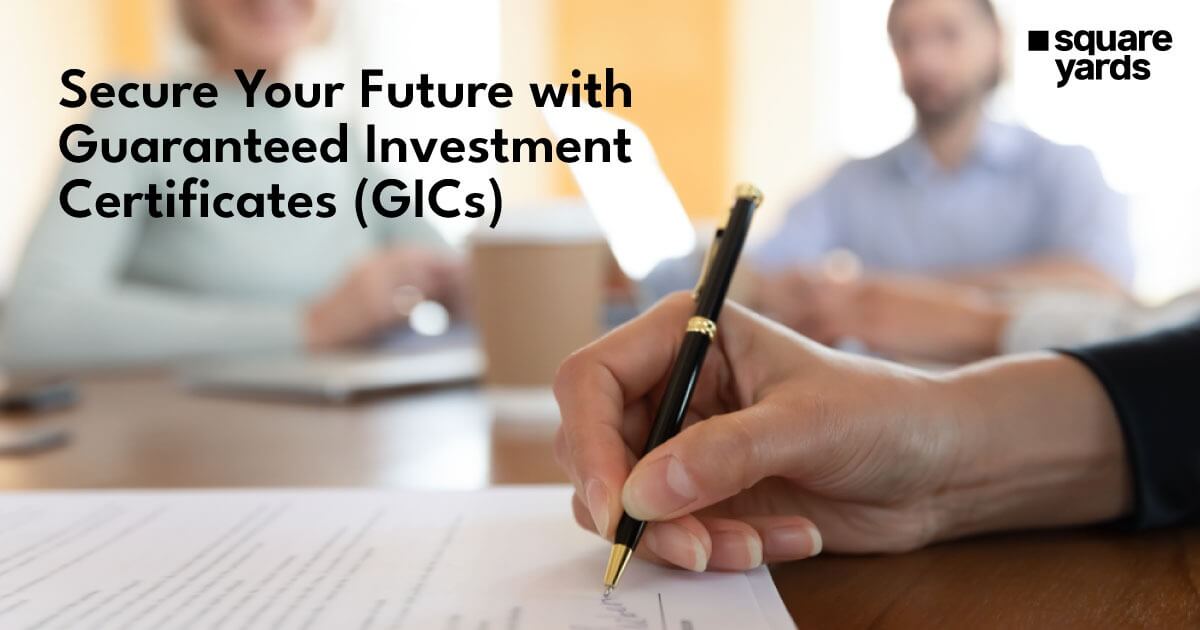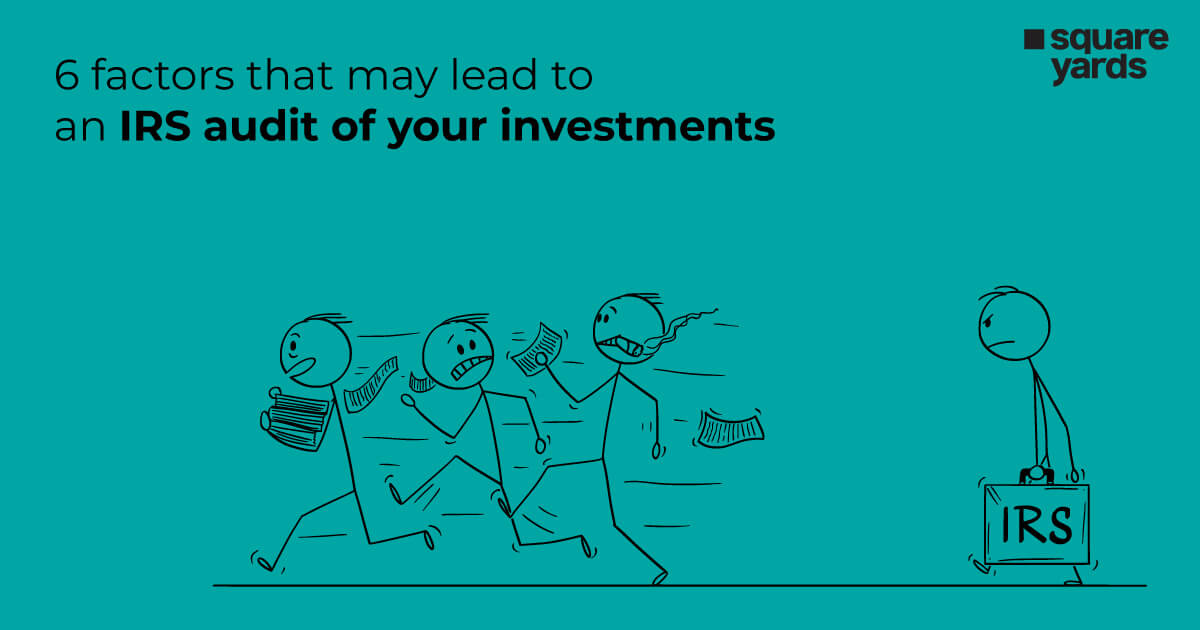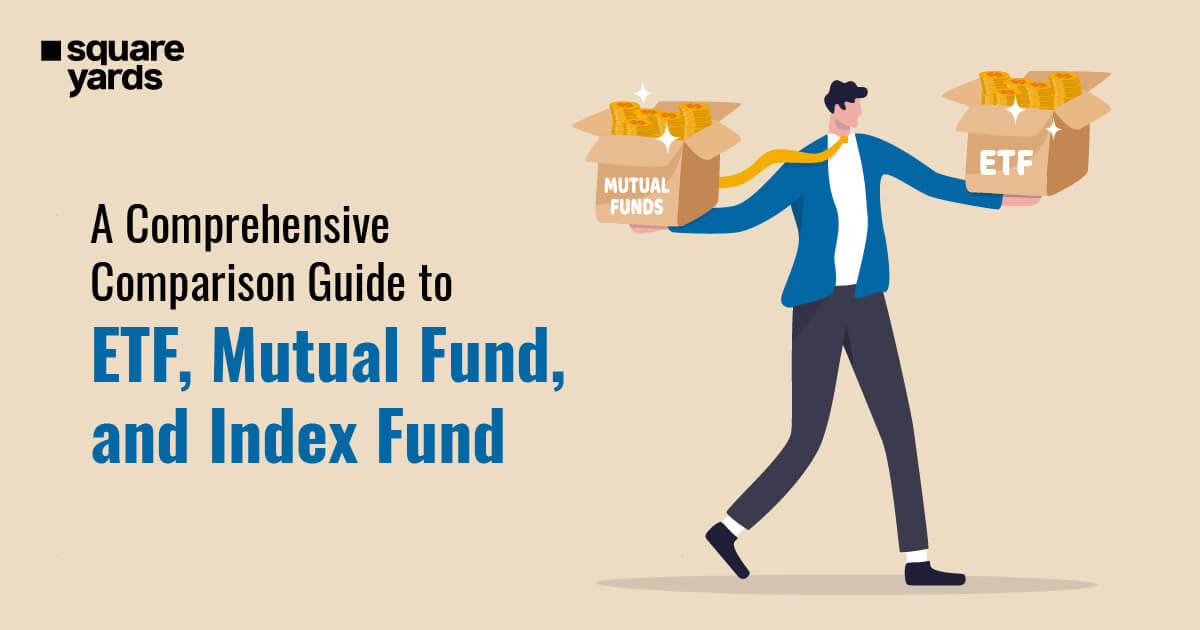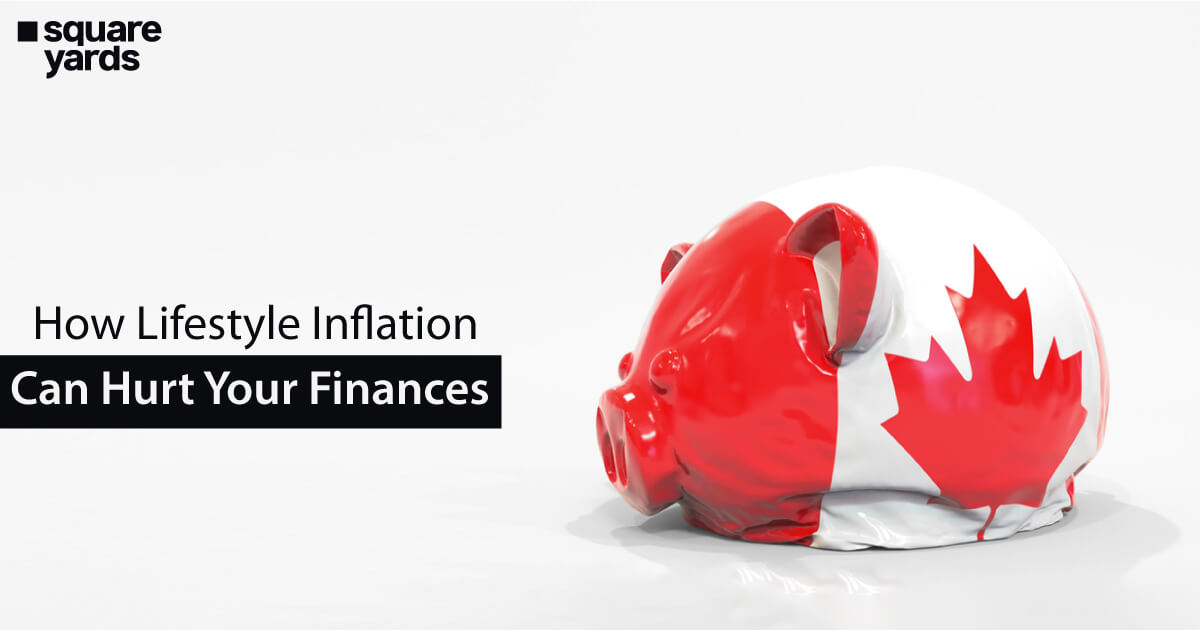Being a first time home buyer puts a smile on your face, especially if you’re buying your first home in Canada, the most preferred and desired place to settle! Then consider yourself one of the lucky ones. Canada is a populated country where first time home buyers’ financing could be challenging for many. After all, several procedures must be taken care of before you make an expensive investment. First-time buyers, however, enjoy a number of special benefits that encourage their entry into the real estate market. Rundown the buying procedure with the key takeaways to manage your finances.
Requirements of a First Time Home Buyer
In order to be approved for a mortgage, you have to meet certain criteria. A first time home buyer is someone who hasn’t owned a residence before; bought a property only with their spouse, or purchased a property that does not meet building regulations.
You will usually be required to show proof of adequate income for a minimum of two years to pay the loan, a down payment of at least 3.5%, and a minimum credit score of 620. As a first time home buyer, many programs allow you to purchase a home with fewer earnings, zero down, and credit scores below 500.
Special Programmes for First-Time Home Buyers
As mentioned above, several special mortgage programmes for first time home buyers exist. Here we have come up with a list to guide you through your first home purchase.
-
Ready Buyer
The Federal National Mortgage Association’s (Finance Mae’s) HomePath Ready Buyer programme is crafted for first-time buyers. It serves up to 3% relief towards the closing price on the leverage of a foreclosed home owned by Finance Mae. To be eligible for the Ready Buyer mortgage programme, you must complete the home-buying educational course before making an offer.
-
IRAs (Individual Retirement Accounts)
Each first-time buyer can obtain up to $10,000 out of a standard individual retirement account (IRA) without paying a 10% fine for early withdrawal. A couple is allowed to withdraw up to $10,000 each from their IRAs, for a total of $20,000 for the down payment. If a buyer wishes to withdraw up to $10,000 for a home purchase from a Roth IRA, they can still do this without any fine if they have a Roth account valid for up to 5 years. Note that this only escapes you from the penalty for an early withdrawal. If you withdraw from a standard IRA, you must pay income tax on that amount.
-
Down Payment Assistance Program
Most states have down payment assistance programmes for first time home buyer finance. The eligibility criteria vary by state, but these mortgage programmes are typically targeted at lower-income public employees and individuals. HUD maintains a list of first time buyer assistance programmes for each state.
Benefits for First Time Home Buyers
Saving a down payment to buy a home is usually challenging, especially for people who have never purchased a home. But be at ease. Apart from assistance programmes, there are several benefits for first-time buyers in the form of incentives.
People qualify for these advantages if they haven’t purchased a home in the past three years or have only purchased with a spouse. You can avail of incentives for new homebuyers.
The department of HUD (Housing and Urban Development) has an assistance programme for first-time buyers, and some states have first-time home buyer saving programmes. With the cumulative interest, the savings account could support some home buyers for their down payment more than they could without it.
First-time home buyers could also claim up to $10,000 from a standard IRA or Roth IRA without paying a 10% early withdrawal fine. So don’t assume you cannot spare a down payment just because no one in your family has ever purchased a house. In addition, always remember that demanding an overly high down payment could be a furtive way to show discrimination towards minorities.
Key Takeaways
- Obtaining a mortgage is an important step when buying your first home, and there are many factors to consider when choosing the best one.
- The mortgage lenders will estimate your ability to repay based on your earnings, debts, assets, and credit history.
- When managing a first-time home buyer’s mortgage, you must decide between a floating and a fixed rate. Also, you must know the number of years to repay your return and the size of your down payment.
- Traditional loans are advances that the government doesn’t insure.
- Based on your financial circumstances, you may be eligible for more beneficial terms via an FHA (Federal Housing Administration) loan or government-assured loan.
The Bottom Line
If you want to purchase a home for the first time, you might find solving a first-time home buyer’s financing challenging. Therefore, you need to figure out your finances to determine the amount you can afford. If you can afford to pay a down payment of a considerable amount or you have adequate funds to produce a low LTV, then you will need to negotiate more with the mortgage company. If you take out a big loan, you might be taking on a higher risk-adjusted amount and private loan insurance.
You May Also Read
Frequently Asked Questions (FAQs)
The Federal Housing Administration loan requires a less down payment and qualifies faster than the conventional loan.
Typically, lenders require first-time home buyers to put down a minimum of 5% of the purchase price as a down payment on a mortgage.
The most advisable route for going with no down payment is a personal loan. Following this route, you can approach your financial lender for a manageable repayment plan as it will make the most of your financial situation.
To get a downpayment, some easy ways include downsizing your lifestyle, selling some of your belongings, amplifying your income with a part-time job, or you can also look for some first time home buyer programmes and benefits.
Yes, you can borrow the amount for a down payment. You can employ many loan options to cover the down payment, including borrowing against the equity in another property or borrowing from family or friends. Which loan is beneficial for first-time home buyers?
What is the minimum deposit that first-time home buyers require?
How can I purchase a house without any down payment?
What are some easy ways to get the downpayment?
Can I borrow the down payment amount?


